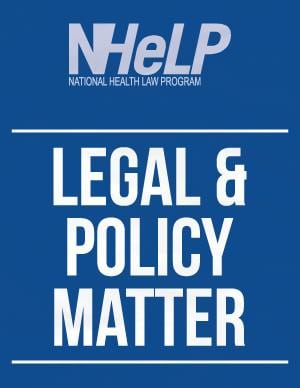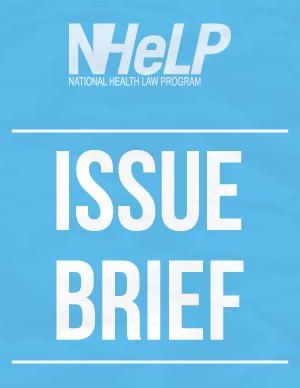
Section 1115 Medicaid waivers allow states to explore new options for providing health coverage to persons who would otherwise not be eligible and allow states to examine innovative ways to deliver care by waiving certain requirements of the Medicaid Act.
While waivers can be important tools that can help states respond to the needs of low-income individuals, they also present concerns for health advocates working to protect the rights of Medicaid enrollees and promote transparency in state waiver processes.
Sec. 1115 of the Social Security Act allows the Secretary of Health and Human Services to waive some requirements of the Medicaid Act so that states can test novel approaches to improving medical assistance for low-income people.
Under the current administration, several states are seeking waivers to impose harmful cuts and restrictions. The first set of harmful waivers have been approved for Kentucky and Arkansas, with a number of states seeking to enact similar changes to Medicaid. Learn more about Medicaid waivers and how the National Health Law Program is combating the Trump administration’s illegal use of waivers to weaken Medicaid.


